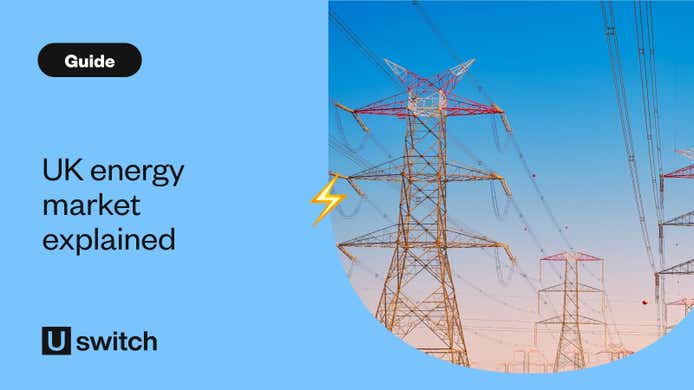Use a smart meter to monitor your energy usage. A smart meter will show how much energy you are using each day. This will help you make more informed decisions around your energy usage and spend, and help you create a budget to keep your spending under control.
Take a meter reading on 31 March and submit it to your supplier if you don’t have a smart meter. This way you’ll have proof of how much energy you used before 1 April ahead of the new rates coming into effect to help ensure your bill is accurate.
Get into good energy saving habits such as running your washing machine at 30 degrees, turning your heating down by one degree, and turning off lights and appliances when not being used.
Check whether you have a surplus credit balance with your provider. Normally we’d advise that you claim the money back, but it might be worth keeping the balance there as a buffer in light of these price rises.
Check that your monthly direct debit payments reflect your actual use and inform your provider if it is inaccurate. This ensures that you are not paying too much or too little for your energy bills.
See what energy support schemes or grants you - or any vulnerable friends or relatives - may qualify for. If you are struggling with your bills, there is help available from the Government and energy suppliers. The Warm Home Discount scheme will open for applications later this year, but many suppliers have their own customer support funds, with some offering home insulation and energy efficient white goods.
Stay up to date with what’s happening in the energy market to see what deals are on offer. By signing up to alerts, you will be informed when a deal comes along and will be ready to switch if it is right for you. Uswitch Quick Checker provides personalised information about your energy plan and a recommendation of what you should do. Some providers are offering fixed deals to their customers directly that may be better value than those offered on the wider market. If you get a notification from your supplier with a deal that looks affordable, consider fixing, as these deals can get snapped up very quickly.
Have a budget in mind if you are considering signing up to a fixed deal. Just because a deal is available doesn’t mean you should go for it. Make sure you know how much you are already paying for your energy and compare that with the deal available.
Check your other household bills. You might not be able to save on energy, but that doesn’t mean you can’t cut costs across your other household bills. Reviewing your broadband, TV and mobile contracts could be a quick and simple way to reduce your monthly outgoings.
Look out for your £150 council tax rebate in April, and keep the money somewhere safe so you can put it towards your energy bills. People who pay by direct debit will automatically get this rebate paid directly into their account, so it is worth considering setting up a direct debit to receive the rebate quicker. Those who pay by other methods will be contacted by their council and invited to make a claim. If you are in a higher council tax band and not eligible for the rebate, keep an eye out for the discretionary £140 million fund being set up to help those who are struggling.
Justina Miltienyte, energy expert at Uswitch.com, says: “Energy prices are about to go up but this does not mean you are completely powerless. By taking some simple steps ahead of 1st April and taking control of your energy use and bills, you can make sure that you are best prepared for the incoming increases.
“While there is nothing you can do to reduce the actual cost of energy, you can get into good energy saving habits in order to save money around the home and reduce your overall bill.
“However, if you are worried about getting into debt, get in touch with your provider as soon as possible, as they can help you find a solution.”




